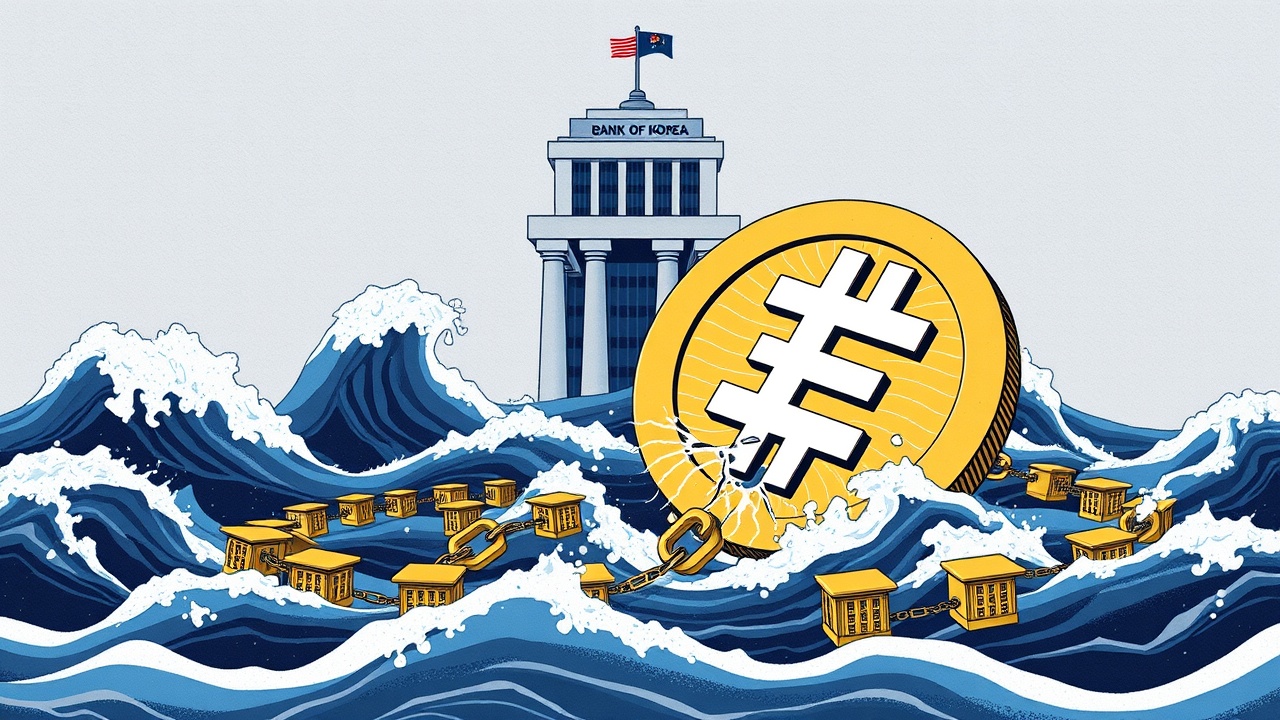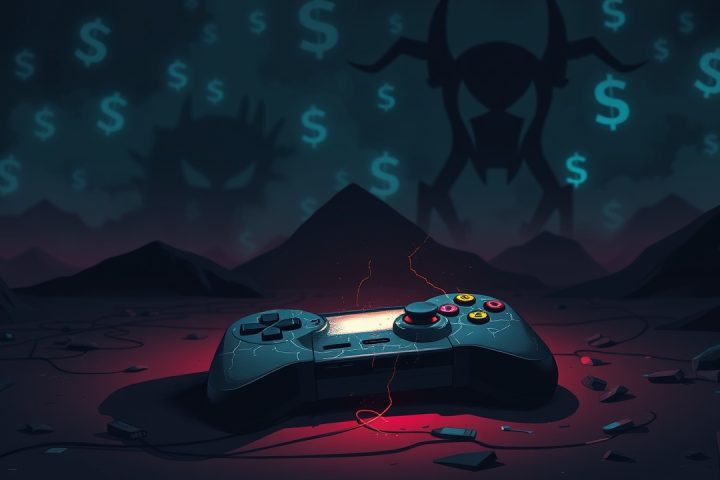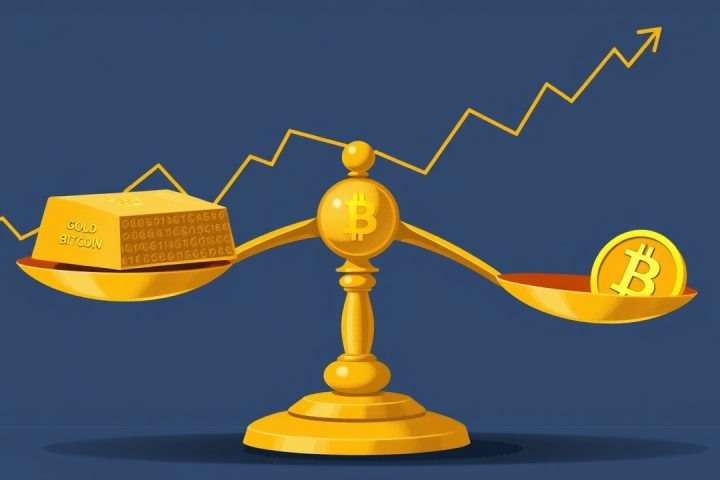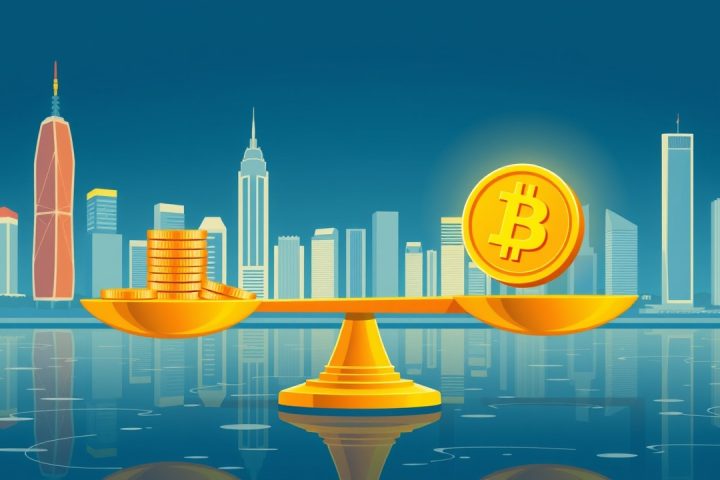Concerns Over Won-Pegged Stablecoins
In a recent report, the Bank of Korea raised significant concerns regarding the stability of won-pegged stablecoins, emphasizing the absence of institutional trust among private issuers that undermines the stability of these digital currencies. Releasing its findings on Monday, the central bank likened the risks facing stablecoins to historical monetary disasters from both the United States during the mid-1800s and Korea’s own financial crisis during the reign of King Gojong. The BOK’s report underscores a crucial principle:
“Currency relies not solely on technological advancements, but fundamentally on trust.”
Depegging Risks and Historical Context
The central monetary authority pointed out the phenomenon of “depegging risk,” where stablecoins fail to maintain their promised one-to-one value with their collateral currency. The BOK highlighted the infamous crash of the Terra/Luna stablecoin system, which dramatically collapsed, leading to massive losses for investors within days. During the recent turmoil linked to the Silicon Valley Bank crisis, even widely-trusted USDC fell to a low of $0.88, demonstrating the vulnerabilities of supposedly stable assets.
Risks of Non-Dollar Stablecoins
Particularly alarming to the Bank of Korea are non-dollar stablecoins, which, when backed by less-circulated currencies, present heightened risks. Even euro-backed equivalents were found to be susceptible, given the current economic climate. In spite of these warning signs, the BOK clarified that its intent is not to stifle innovation but rather to promote safe and sustainable practices in the development of financial technology. The central bank stated,
“When considering won-denominated stablecoins, the primary question should not be about technological feasibility but rather about the potential for establishing trust.”
Launch of KRW1 and Regulatory Framework
In September, the launch of KRW1 marked a significant milestone as Korea’s first fully regulated stablecoin backed by the won, developed in collaboration with Woori Bank and leveraging the Avalanche blockchain—a choice validated by its approval from Korea’s Internet & Security Agency for public sector applications.
To ensure that stablecoin issuers can deliver on their commitments, the BOK insists on the necessity for these entities to possess a high level of transparency, as well as institutional structures that could mitigate potential fallout from financial discrepancies. The organization warned that without proper management of reserve assets—particularly in contexts of risky investments—the promise of “one coin equals one won” cannot be upheld.
Policy Cooperation and Future Initiatives
Additionally, the BOK called for enhanced inter-agency cooperation regarding policy frameworks governing stablecoins, while also pushing forward Project Hangang, its pilot initiative involving bank-issued deposit tokens operating on the BOK’s blockchain. Back in June, BOK Deputy Governor Ryoo Sang-dai articulated a preference for enabling stablecoin issuance through banking institutions first, with plans to progressively include non-bank issuers in the future, especially following a surge in trading and significant outflows linked to stablecoins.
Industry Perspectives and Future Outlook
Compounding these discussions, the ruling Democratic Party of Korea initiated a “Digital Asset Task Force,” aimed at fast-tracking stablecoin regulation by the end of the year, in a bid to preserve Korea’s monetary sovereignty. However, industry insiders express doubts about the BOK’s perspective, as Rich O., the regional manager of OneKey for the APAC region, noted. He argued that the central bank is clinging to outdated notions of “Trust” while the global economy pivots towards a more decentralized, technologically reliant model. According to him, the declining trust and value of fiat currency is already evident, highlighted by recent price hikes in gold, Bitcoin, and stock indices like the S&P 500 and KOSPI. Rich O. concluded that without access to the global value chain, KRW stablecoins may represent Korea’s only gateway into international finance.




